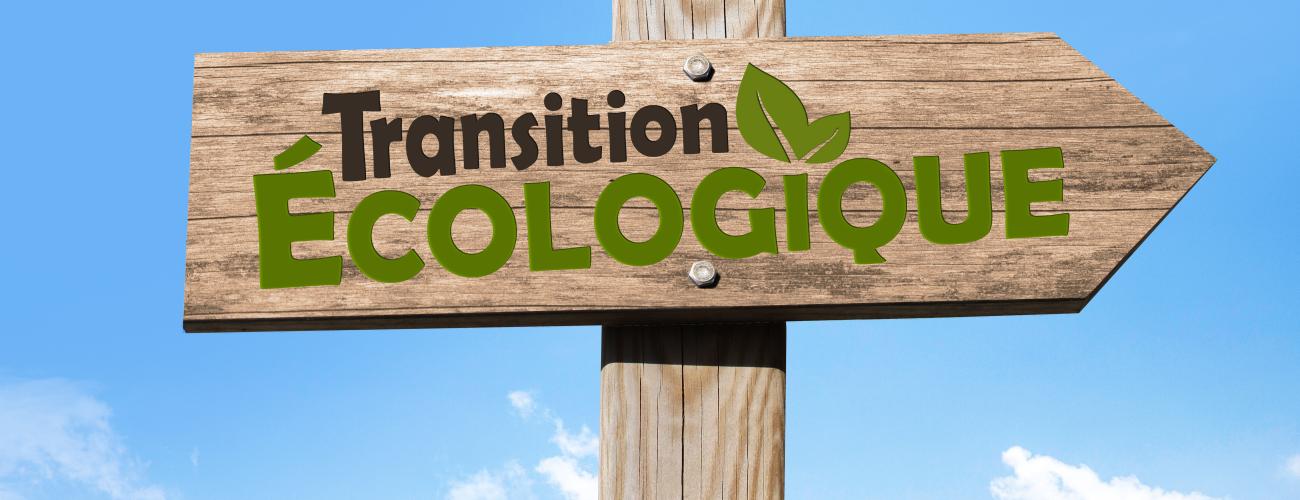
©CURIOS
The ecological transition
The ecological transition is at the heart of the concerns of the schools in the ParisTech network, particularly in training and research.
ParisTech schools are heavily committed in training the engineers of tomorrow in the ecological transition. Aware of these issues, they have developed actions to raise awareness among their students to train responsible engineers, serving the ecological, energy and digital transition.
All schools have already integrated elements linked to the ecological transition and the Sustainable Development Goals into the engineering cycle. Schools thus raise awareness among students by organizing, as soon as they arrive at the establishment, La Fresque du climat and by offering conferences on the environment, for exemple at the Institut d'Optique, as well as thematic weeks optional as elective course in this same school, or even an event related to climate at the beginning of a new academic year at Chimie ParisTech.
Beyond these awareness-raising activities, schools promote courses that already relate to the issues of ecological transition. 80% of the 3rd year majors in the AgroParisTech engineering education, for example, are already addressing the ecological transition (e.g. sustainable and innovative livestock production sectors, Water, Agriculture and Global Changes). Schools are developing different strategies to strengthen the treatment of the ecological transition throughout training, from awareness to specialization:
-
Creation of dedicated courses (e.g. teaching unit “Common engineering culture for ecological transition” at Chimie ParisTech, Seminar “Ecological Transition” designed by students at Mines Paris, course on life cycle analysis at ESPCI Paris)
- Elective courses (e.g. e.g. Week “Ecological Transition” at Institut d’Optique),
- Involvement of students in the school's adaptation to the ecological transition (e.g. student contribution to the school's carbon footprint),
- AgroParisTech Delegation to the COP,
- Three-year curriculum aiming at developing the capacity to adapt and support transitions through technodiversity by aiming to develop technologies enabling Ademe's 4 transition scenarios during student training at Arts et Métiers.
Whether the ecological transition is the subject of educational actions or whether it is disseminated throughout the curricula, all of these activities allow engineering students to become aware of environmental issues, to acquire the knowledge necessary to understanding current challenges (climate change, planetary boundaries, biodiversity, etc.) and their impacts, but also thinking about the solutions envisaged. They develop their critical thinking regarding the solutions proposed and are called upon to propose sustainable solutions themselves in their area of expertise. It is important that they understand what role engineers can play in a world in transition.
The students themselves are also behind the initiative. In recent years, they have created associations dedicated to the ecological transition, for example INTerfer at the Institut d'Optique, PC Durable at ESPCI or even Ecosciences at Chimie ParisTech – PSL. They thus directly implement the knowledge and skills acquired in their training course. AgroParisTech’s Junior Enterprise conducts studies relating to sustainable development and hosted the 2nd CSR COP of junior enterprises, and is one of the most advanced on the subject.
Schools draw inspiration from different existing standards to structure their teaching (self-assessment standard DD&RS CGE-CPU, DD&RS label, FORTES collective's Great Transition Manual, European competence framework GreenComp, UNESCO SDG 4-Education). They train their teaching staff – and also administrative staff – in the challenges of transition and the transformation of their courses to serve transitions. And more generally, they are also working to take into account the ecological transition in their laboratories and research activities and in their own operations within the framework of the DD&RS master plan recommended by the Ministry of Higher Education and Research.
More information :
